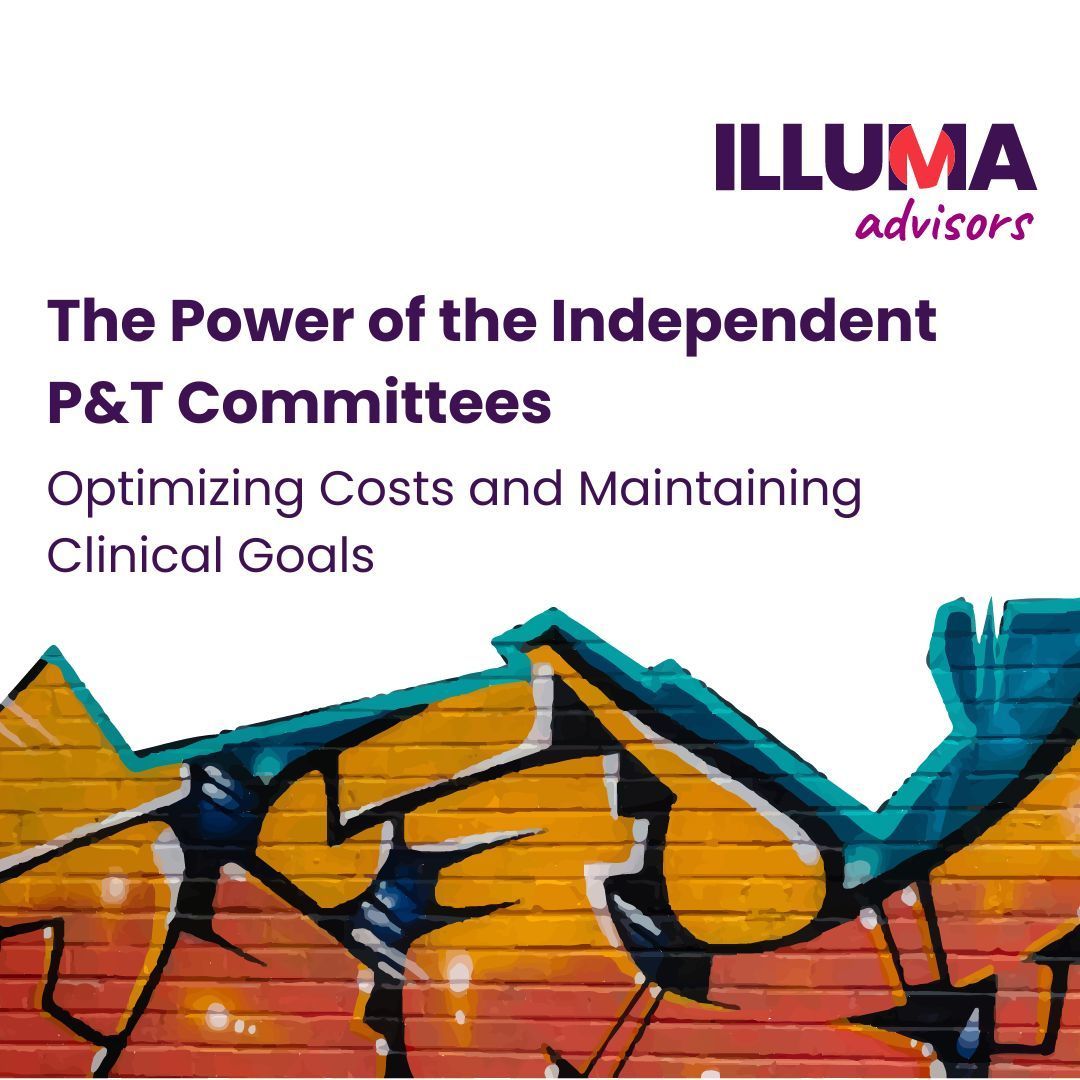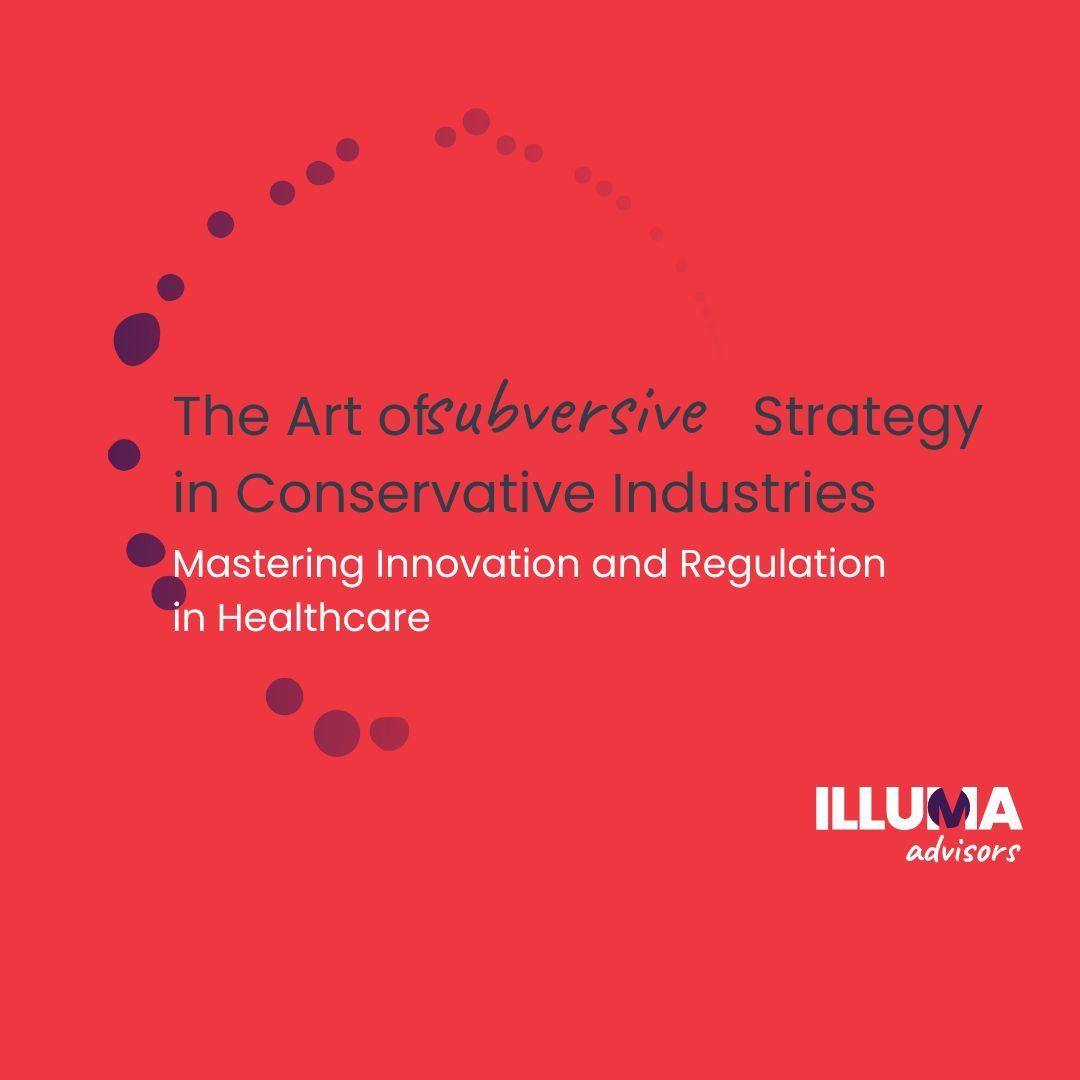The Dawn of a New Era: The Impact of Wezlana's Approval on the Biosimilar Landscape

The healthcare industry is a complex network of providers, insurers, and intermediaries, among which Pharmacy Benefit Managers (PBMs) play a crucial role. Originally established to manage prescription drug benefits on behalf of health insurers, PBMs have evolved significantly, raising concerns about the transparency of their operations, particularly in terms of drug pricing and rebates. This blog delves into the ways PBMs have adapted their practices, impacting transparency and the broader healthcare landscape.
The Initial Role of PBMs in Healthcare
In the 1960s, PBMs emerged as intermediaries to assist insurers in managing the cost of prescription drugs. They created formularies, managed mail-order and specialty pharmacies, and negotiated prices with drug manufacturers. This role was deemed essential for controlling the soaring costs of medications. However, over the years, the scope of their activities and the nature of their relationships with drug manufacturers and health plans have changed dramatically.
Shift in PBM Practices: From Rebates to Administrative Fees
One of the most significant changes in PBM practices has been the shift from straightforward rebates from drug manufacturers to more complex and less transparent financial arrangements. These include various fees like "administration fees," "data fees," and "inflation protection" charges. This shift allows PBMs to retain a portion of the money from pharmaceutical companies while presenting the facade of passing all rebates to their clients.
Impact on Transparency and Healthcare Costs
The lack of transparency in PBM practices has far-reaching implications. The way PBMs have renamed and restructured rebates and other payments obscures the actual flow of money and the true cost of drugs. This opacity not only affects the pricing dynamics in the pharmaceutical industry but also raises questions about the actual benefits passed on to consumers, including both insurers and patients.
Regulatory Responses and Industry Scrutiny
The evolving practices of PBMs have not gone unnoticed by regulatory bodies and policymakers. The Centers for Medicare & Medicaid Services (CMS) and the Federal Trade Commission (FTC) are actively involved in scrutinizing and regulating PBM activities. The FTC, in particular, has launched inquiries into the impact of these practices on medicine affordability and access. Despite these efforts, there is still a long way to go in establishing effective oversight and ensuring that PBM practices are aligned with public health interests.
As consumers and participants in the healthcare system, it is vital to understand the role and influence of PBMs. Their evolving practices, particularly around the transparency of payments and rebates, have significant implications for drug pricing and healthcare costs. We encourage readers to stay informed and engaged on this topic. Advocate for more transparent practices and support legislative efforts aimed at regulating PBM activities. Your voice can help shape a more transparent and equitable healthcare system.
Partner with Illuma Advisors
In conclusion, the evolving practices of Pharmacy Benefit Managers (PBMs) present a critical juncture in the quest for transparency within the healthcare industry. As we've explored, the shift from direct rebates and network arrangements to complex financial arrangements has not only obscured the true cost of prescription drugs but also challenged the integrity of healthcare delivery. The implications of these practices extend far beyond the immediate stakeholders, affecting the overall affordability and accessibility of healthcare for consumers.
Understanding the intricate dynamics of PBMs is essential for navigating the healthcare landscape, advocating for change, and ensuring that the benefits of such intermediaries are realized without compromising on transparency or fairness. As regulatory bodies and policymakers continue to scrutinize and adapt to the changing practices of PBMs, it is crucial for all participants in the healthcare system to stay informed and engaged.
If you're seeking to understand more about how PBM practices could be affecting your healthcare plans or costs, or if you're looking for strategic advice on navigating the complexities of the healthcare industry, Illuma Advisors stands ready to assist. With a deep understanding of the healthcare landscape and a commitment to transparency and integrity, our team is equipped to provide you with the insights and support you need to make informed decisions.
Don't let the opacity of PBM practices keep you from optimizing your healthcare strategies. Reach out to
Illuma Advisors today for a consultation, and take the first step towards a more transparent and equitable healthcare system. Together, we can work towards uncovering the complexities of PBMs and ensuring that the healthcare industry serves the best interests of all its participants.
Subscribe for Exclusive Industry Insights
Subscribe for Exclusive Industry Insights












